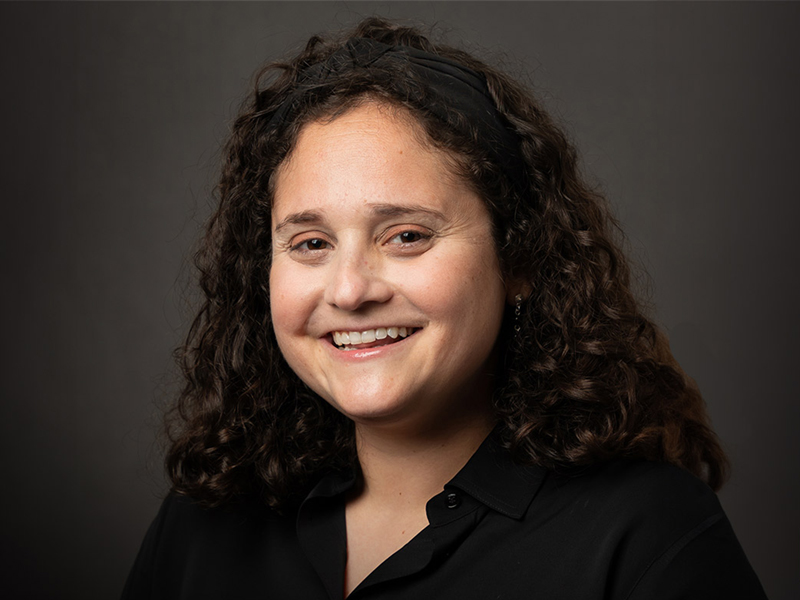Get to Know Chief Wellness Officer Dr. Jessi Gold
At the University of Tennessee, we believe wellness is foundational to success in college, work and life.That’s why we created this unique role of Chief Wellness Officer, a leadership position devoted to mental health and wellness across all UT campuses.

Need Immediate Support?
If you or someone you know is in crisis, help is available. Call or text 988 to connect with the Suicide and Crisis Lifeline — free, confidential support 24/7.
Building a Culture of Wellness
At the University of Tennessee, student and employee well-being isn’t just a priority — it’s part of who we are. Through systemwide wellness programs, mental health resources and inclusive support, UT is redefining what wellness means in higher education.
As a psychiatrist and someone who’s faced my own mental health challenges in college, I know how important it is to be seen, supported and heard. Wellness isn’t one-size-fits-all — and at UT, we’re creating a culture where everyone can find what works for them.
Dr. Jessi Gold, chief wellness officer, University of Tennessee System
What Wellness Means to Me
In this short video, Dr. Gold shares how she personally prioritizes well-being — and why it’s essential for students, faculty and staff to define wellness in ways that work for them.
Video Transcript
Dr. Jessi Gold: I’m Dr. Jessi Gold. I’m a psychiatrist by training and an associate professor of psychiatry at the University of Tennessee Health Science Center, and I’m also the chief wellness officer for the University of Tennessee System. I’m a work in progress just like everybody. I think wellness is something you constantly have to work on, even when you write a book on it or when you are an expert in it, so it’s something I work on every day. I think boundaries is something I think about a lot. How I say yes, what I’m saying yes to, what I say no to, being proud of myself for saying no. I go to therapy every week, really important to my own wellbeing. I take medication. I’ve been on medication since college. That’s just almost like a blood pressure medicine for me or a vitamin. It kind of keeps me focused.
I also really like journaling. My journal is kind of like an anger journal sometimes, but I think it really helps. But I really believe that whatever you do for coping, it should be something you like, almost like a hobby. You should pick a skill that you actually will do. It’s not helpful to just pick one because it seems like that other people are doing it or your friends are doing it, and I’ve never done well that way. So I hate mindfulness even though there’s evidence for mindfulness. But I really like to journal or I really like to hang out with my friends and that’s all really important to me.